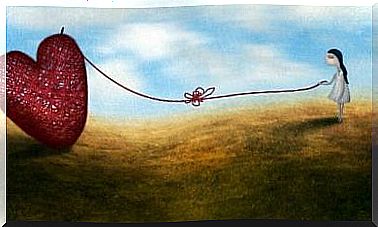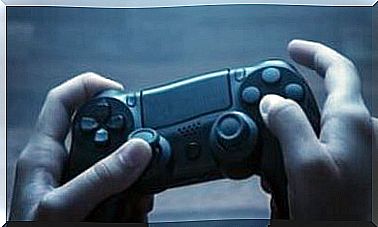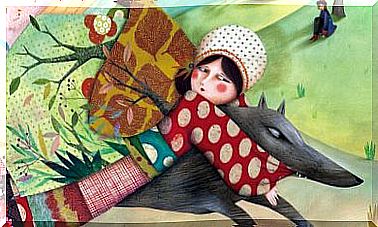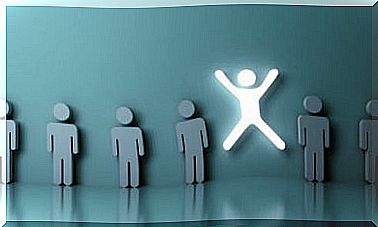What Are The Problems Related To Social Phobia?
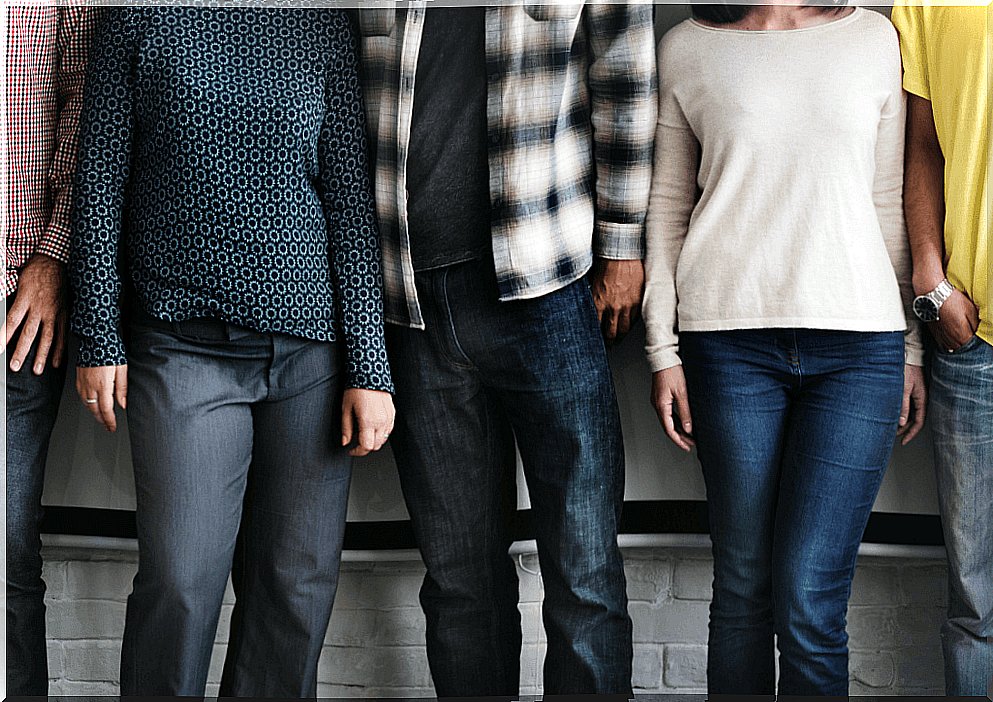
Those who are victims of social phobia find themselves going through some really complicated moments. These people don’t just get nervous when they have to speak in public, they are assailed by a genuine feeling of dread. When they are surrounded by people, they have the impression of being observed by everyone, coming to consider themselves ridiculous or to feel too much. Rather than experiencing such terrible situations, they would prefer to remain permanently closed in the house.
But this doesn’t just happen when they are in a social environment – the mere idea of having to go to a party or meeting makes them nervous. They find any plausible excuses for not having to go there, they would give anything to back down … What can be done about it?
What is social phobia?
First, let’s try to understand what we are talking about. By phobia we mean an intense fear felt in front of a specific stimulus or situation. It is, however, an irrational fear, which occurs, that is, even when the danger is not real. Furthermore, the fear is magnified and does not occur at the appropriate time. Because of this, it ends up interfering in people’s normal life in a useless way.
Social phobia is about situations in which social interaction is expected, and because we live in constant contact with other people, it is likely to interfere in considerable terms in our routine. On the other hand, those who are victims of other types of phobia, such as that towards spiders or snakes, are not excessively influenced by them in their daily lives – at least if they live in the city. Can you notice the difference?
We all get nervous when we have to meet a new person or when we are about to do an exhibition in public, however once the ice is broken, we begin to enjoy the experience. Conversely, people with social phobia will experience severe behavioral changes, many of which will only foment the phobia itself.
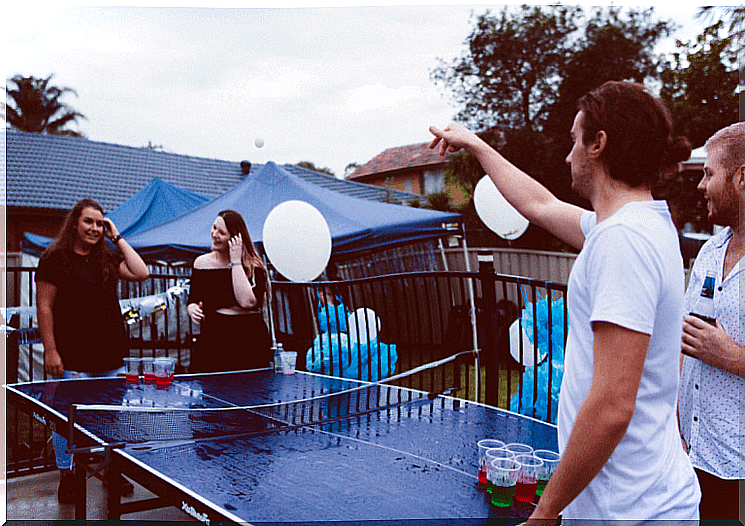
What do biases have to do with social phobia?
It is important to emphasize that one’s way of thinking and acting plays a considerable role in this phobia. Let’s explain it better: on the one hand we find bias – a form of distortion of evaluation caused by prejudice – which are nothing more than the way in which our brain processes information from the surrounding environment.
In this sense, “social phobics” tend to pay more attention to whether people look at them or not, as well as the signals that their own body emits in relation to the discomfort they feel (redness, trembling voice …). They are also inclined to interpret such stimuli in negative terms. Finally, they remember social situations of a negative nature more easily, taking them as a point of reference for evaluating situations of the present.
Let’s take an example: a person suffering from social phobia will pay much more attention to the gestures of the people who talk to them, giving their own negative interpretation and convincing themselves that they do not like them. Furthermore, at that moment she will think back to a concrete situation in which she had not found herself in agreement with someone, which will only reinforce her ideas and the general process. All clear?
What are the fears of people who are victims of social phobia?
After talking to you about biases , you will certainly be able to deduce the fears and fears that assail social phobics, right? On the one hand we find the fear of the appearance of physical signals that indicate that we are nervous, as well as the fear of finding ourselves at the center of attention in interpersonal situations.
But that’s not all. There is also the fear of others looking at us or observing us while we do something or the fear of having to meet new people. There is also the fear of eating, drinking or speaking in public, as well as making phone calls or having formal relationships.
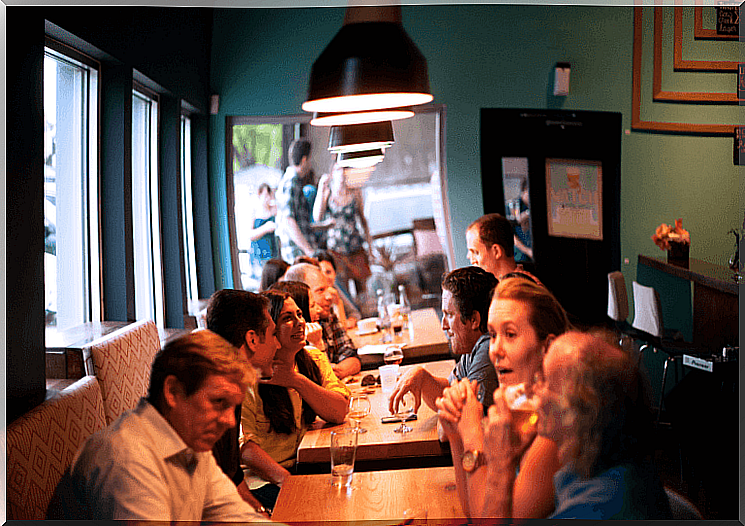
All these fears are closely related to another: the fear of appearing ridiculous or receiving a negative evaluation. In fact, people with social phobia tend to anticipate the worst, generating anxiety at such high levels as to cause a block in social situations. As a result, they end up acting exactly as intended, fueling an unnecessary vicious circle.
In this way, all you do is reinforce your initial idea that you are worthless, without realizing that you are self-boycotting. It is for these reasons that social phobia must be treated with a psychological treatment, preferably a cognitive-behavioral one. It is a disorder that affects sufferers considerably, and changing such thoughts without the help of a qualified professional is often too complicated.
Images courtesy of Rawpixel, Blake List and Kevin Curtis.

